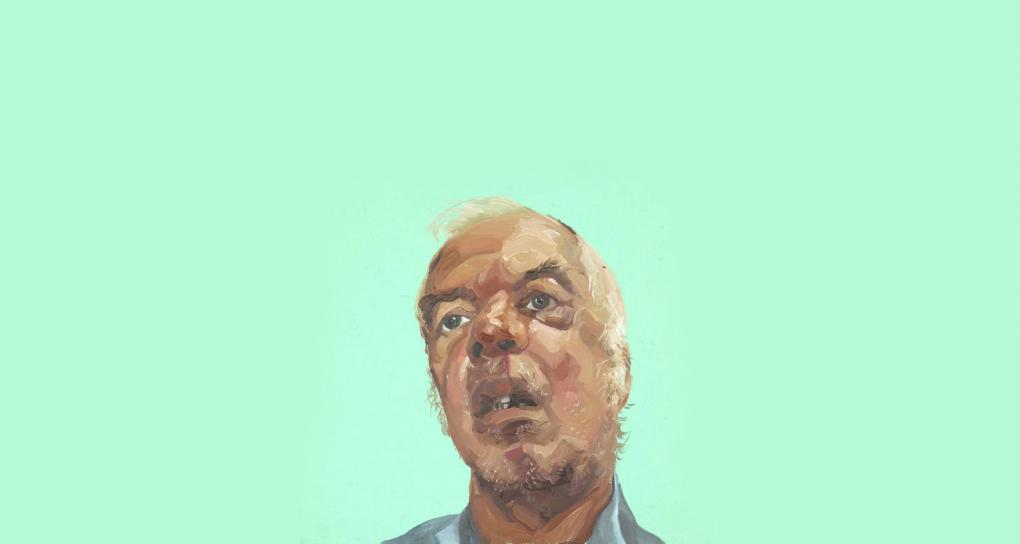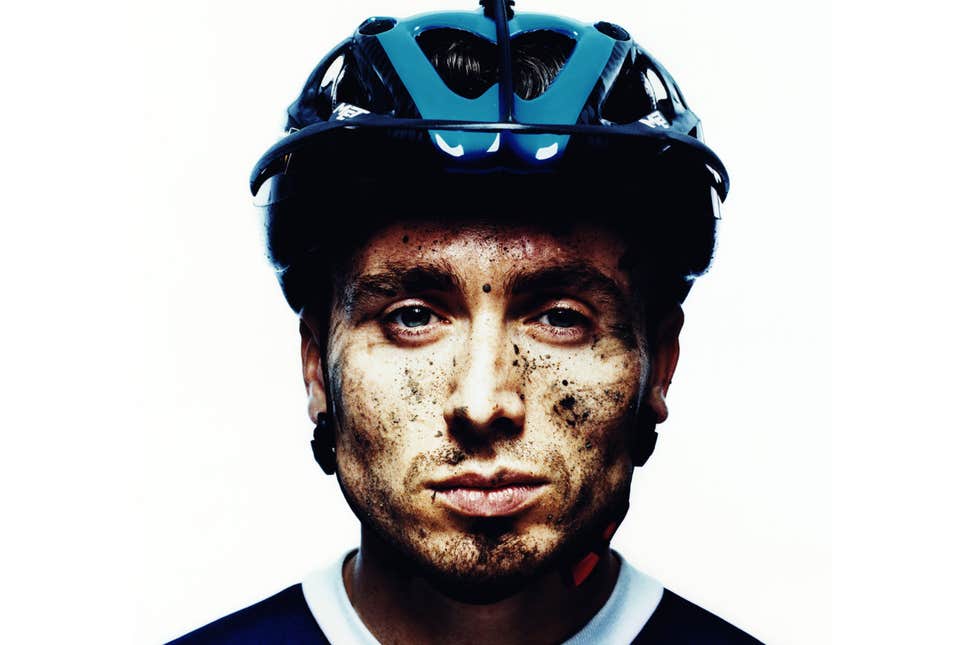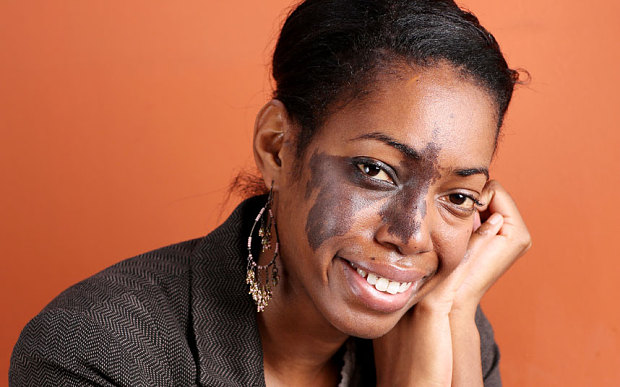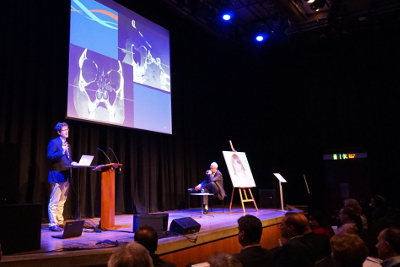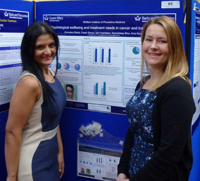Do you own or run a restaurant, or are you on friendly terms with the staff of your favourite eatery? Saving Faces runs a restaurant giving scheme and would appreciate your help.
How does it work? A small, elegant table card is placed on each table in your restaurant. It tells the customer a little about the charity and that a voluntary £1 will be added by the restaurant to the table’s bill at the end of the meal. It also explains that the customer is free to opt out if they wish.
The administrative burden is very small, as the use of electronic tills makes the adding a donation very straightforward. You can even allocate a button on your till to Saving Faces if you wish.
The donation is added to the bill after the service charge and VAT, so it does not affect the restaurant’s VAT returns.
The scheme is a very cost efficient way for your restaurant to fulfil a social and community responsibility.
If you are interested in joining our scheme, please contact us for more details.



